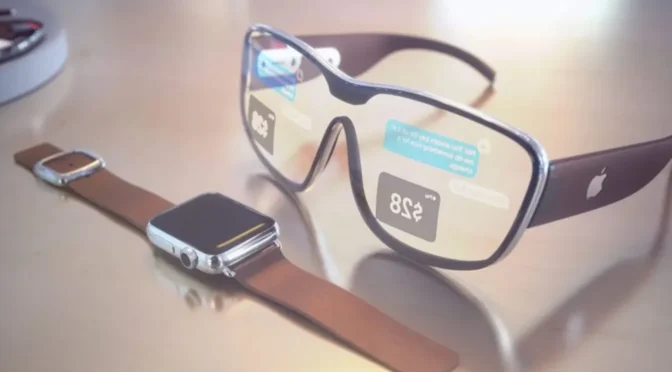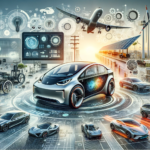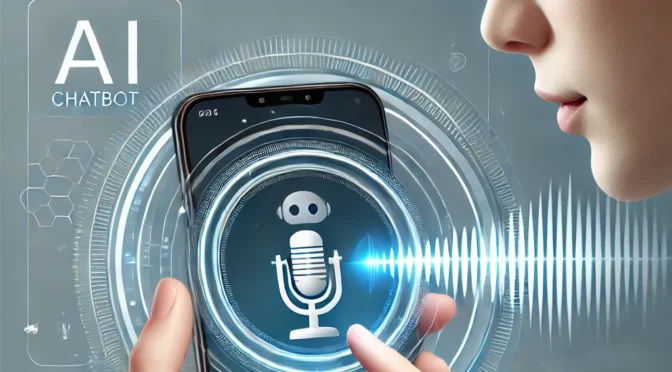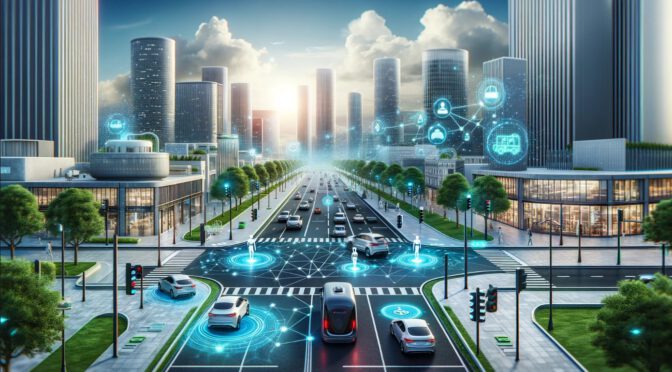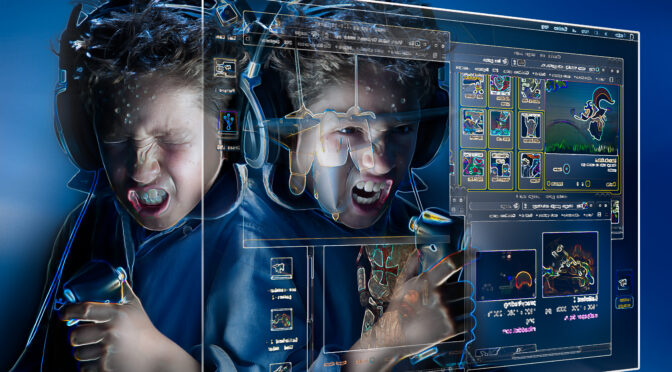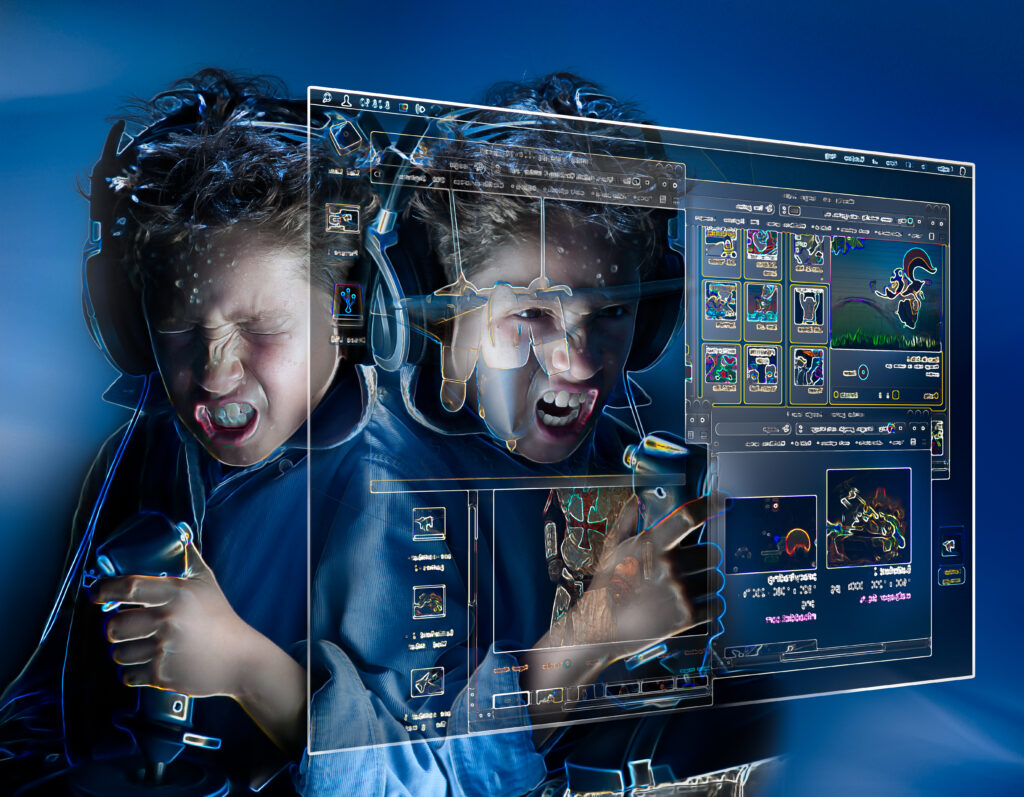[Image credit: Apple]
Apple AR Glasses with microLED Tech Rumored for 2026
The world of augmented reality continues to evolve, and rumors about Apple joining the AR glasses game have reignited our excitement. Recent leaks suggest that Apple’s AR glasses could arrive as soon as 2026 (wccftech.com), incorporating advanced microLED technology.
MicroLED: A Display Revolution
According to the tipster @Jukanlosreve, Apple hasn’t abandoned its plans for microLED technology. MicroLED combines the brightness of LED displays with the deep blacks of OLED, making it superior to both. This display tech has the potential to make visuals sharper and more vibrant, which would be a game-changer for augmented reality devices. However, the challenge lies in its high production cost, which has limited its use in smaller gadgets so far.
Apple has not given up on Micro LED technology.
— Jukanlosreve (@Jukanlosreve) October 5, 2024
1. They are preparing Micro LED for AR glasses, with mass production expected in 2026.
2. The plan to include Micro LED in the Apple Watch Ultra is also still in place, with a target launch in 2026.
If Apple succeeds in integrating microLED, it would mark a significant step forward for AR hardware. Our feature on microLED TVs highlights the potential of this technology, but the challenge remains in making it affordable. Apple seems determined to crack this problem, which could bring us a top-tier AR experience.
Accelerated Launch Timeline for Apple AR glasses with microLED
Apple’s AR glasses have been the subject of speculation for years. Previously, rumors hinted at a 2027 launch, but now it seems Apple may have accelerated its timeline to 2026. This shift may come in response to Meta’s progress, particularly the successful release of the Ray-Ban Meta Smart Glasses.
There have also been hints that the next Apple Watch Ultra could include a microLED display, showcasing Apple’s broader commitment to this display technology. While we didn’t see an Apple Watch Ultra 3 this year, it’s possible we’ll get one with this cutting-edge tech soon.
Competing with Meta and Future Plans
Meta’s Orion AR glasses and Ray-Ban Meta Smart Glasses have impressed the tech community, possibly prompting Apple to rethink its strategy. Last year, reports indicated that Apple’s AR glasses had been delayed indefinitely, with a shift in focus to a more affordable VR headset. However, the landscape has changed, and Apple may now see an opportunity to enter the AR space sooner with a smaller, more accessible device.
Apple Vision Pro, the mixed reality headset, has yet to achieve massive sales success due to its high price tag. Apple may be looking to diversify its offerings by releasing a more affordable and compact AR solution. If Apple manages to launch its AR glasses in 2026 with microLED technology, we could be looking at the next major step in the evolution of wearable technology.
